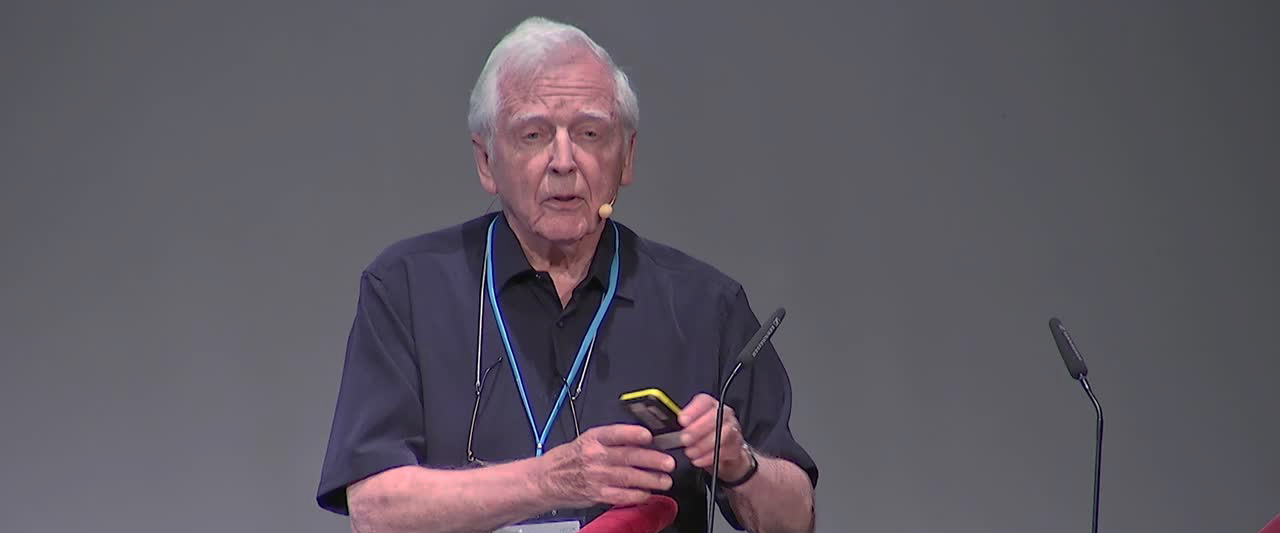22nd October 2018.
Peter Blattmann, ETH, Zürich
On the 22nd of October 2018 Peter Blattmann, of the Eidgenössische Technische Hochschule (ETH) at Zürich, will give a seminar on From big data to mechanisms. Understanding how context dependent phenotypes vary across cells at 2.00 pm in the College lecture theatre. In his talk P Blattmann will give key examples of the reach of mass-spectrometry based systems biology approaches in order to study protein networks and cellular functions. This is an emerging field of research that will have huge impact for our understanding of biological processes and disease. All College students are invited to attend, especially those reading Medicine, Biology, Biotechnology and Pharmaceutical Sciences. The poster of the lecture can be downloaded here.
Abstract
In individuals, heterogeneous drug response phenotypes result from a complex interplay of dose, drug specificity, genetic background, and environmental factors, thus challenging our understanding of the underlying processes. Here we present an approach to explain drug response differences in a panel of cell lines combining mass spectrometry-based quantification of molecular phenotypes with subsequent integration of the quantitative data using logic modeling. The approach was applied to cellular cholesterol regulation, a biological process with high clinical relevance. The phenotypes elicited by various targeted pharmacologic or genetic treatments were profiled by quantifying >3000 proteins and >1000 metabolites using mass spectrometry. Based on this data and a prior knowledge network, we generated cell-line-specific models that quantified the processes beneath the idiotypic intracellular drug responses and could identify which processes in the model varied between the cell lines. The models revealed that in addition to drug uptake and metabolism further cellular processes showed significant pharmacodynamic response variability between cell lines, resulting in cell-line-specific drug response phenotypes. This study demonstrates the importance of integrating different types of quantitative systems-level molecular measurements with modeling to understand the effect of pharmacological perturbations on complex biological processes.
Biography
P Blattmann studied biochemistry at ETH Zurich and after his studies, he performed an internship at Genentech in South San Francisco. In 2008, he received a PhD-Fellowship from the European Molecular Biology Laboratory (EMBL) to perform his PhD studies in the Molecular Medicine Partnership Unit (MMPU), a department between EMBL and the University Hospital Heidelberg. In the groups of Dr. Rainer Pepperkok and Dr. Heiko Runz, he functionally characterized the genes reported by genome-wide association studies (GWAS) for blood lipid traits and cardiovascular disease using RNA interference, functional cellular assays, and high-content microscopy. In May 2013, he joined the Aebersold lab with the interest to better understand how complex biological processes vary between cell lines. Using proteomics (SWATH-MS/DIA) and cholesterol regulation as a model system, he has conducted a systems pharmacology study identifying how a large number of cellular factors determine the variable drug response across cell lines.
Reference
[1] P. Blattmann*#, D. Henriques, M. Zimmermann., F. Frommelt., U. Sauer, J. Saez-Rodriguez, and R. Aebersold* “Systems pharmacology analysis of cellular cholesterol regulation reveals large pharmacodynamic variability”, Cell Systems, 5, 604-619 (2017). https://doi.org/10.1016/j.cels.2017.11.002[2] P. Blattmann and R. Aebersold, “The advent of mass spectrometry-based proteomics in systems biology research” Encyclopedia of Cell Biology (ed. R. Bradshaw and P. Stahl), 1st Edition, Academic Press (2016). ISBN: 9780123944474. https://doi.org/10.1016/B978-0-12-394447-4.40030-1
Image
A typical protein network. Courtesy of AF Villaverde (University of Oxford, UK and Vigo Spain)












